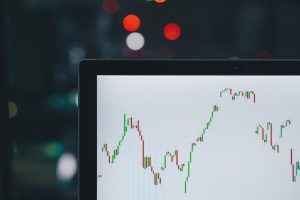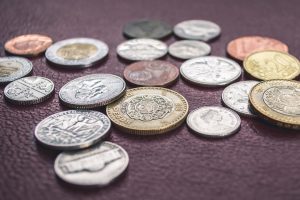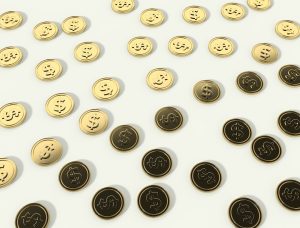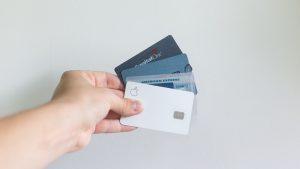Forex, short for foreign exchange, is the act of buying and selling currencies on the global market. This market is the largest and most liquid financial market in the world, with an average daily trading volume of over $5 trillion. Forex trading is conducted 24 hours a day, five days a week, and is accessible to anyone with an internet connection and a trading account.
The forex market is made up of a network of financial institutions, such as banks, hedge funds, and trading firms, as well as individual investors. These participants trade currencies with the goal of making a profit by buying low and selling high. Unlike other financial markets, the forex market does not have a physical location, but rather operates through a global network of computers and communication systems.
The price of a currency is determined by its supply and demand in the market. The more demand there is for a currency, the higher its price will be, and vice versa. The value of a currency can also be impacted by a variety of economic and political factors, such as interest rates, inflation, and geopolitical events.
Forex traders use a variety of tools and strategies to analyze the market and make informed trading decisions. One common tool is technical analysis, which involves using charts and indicators to identify patterns and trends in price movements. Fundamental analysis is another approach, which involves analyzing economic data and news events to determine the overall health of a country’s economy and the likely direction of its currency.
Forex trading can be done through a variety of platforms and brokers, both online and offline. Online trading platforms allow traders to access the market and execute trades from anywhere in the world, while offline brokers offer more personalized service and support.
One important aspect of forex trading is leverage, which allows traders to control larger positions in the market with a smaller amount of capital. For example, a leverage ratio of 100:1 means that a trader can control a position worth $100,000 with just $1,000 of their own money. While leverage can increase potential profits, it also increases the risk of losses and should be used with caution.
In addition to trading currencies for profit, forex trading can also be used for hedging and speculation. Hedging involves using forex trades to offset potential losses in other investments, such as stocks or commodities. Speculation involves making trades based on predictions about future market movements, with the goal of making a profit.
Overall, forex trading is a complex and dynamic market that offers potential rewards for those willing to put in the time and effort to learn and develop their skills. As with any investment, it is important to carefully consider the risks and potential rewards before getting started, and to always use proper risk management strategies to protect your capital.





